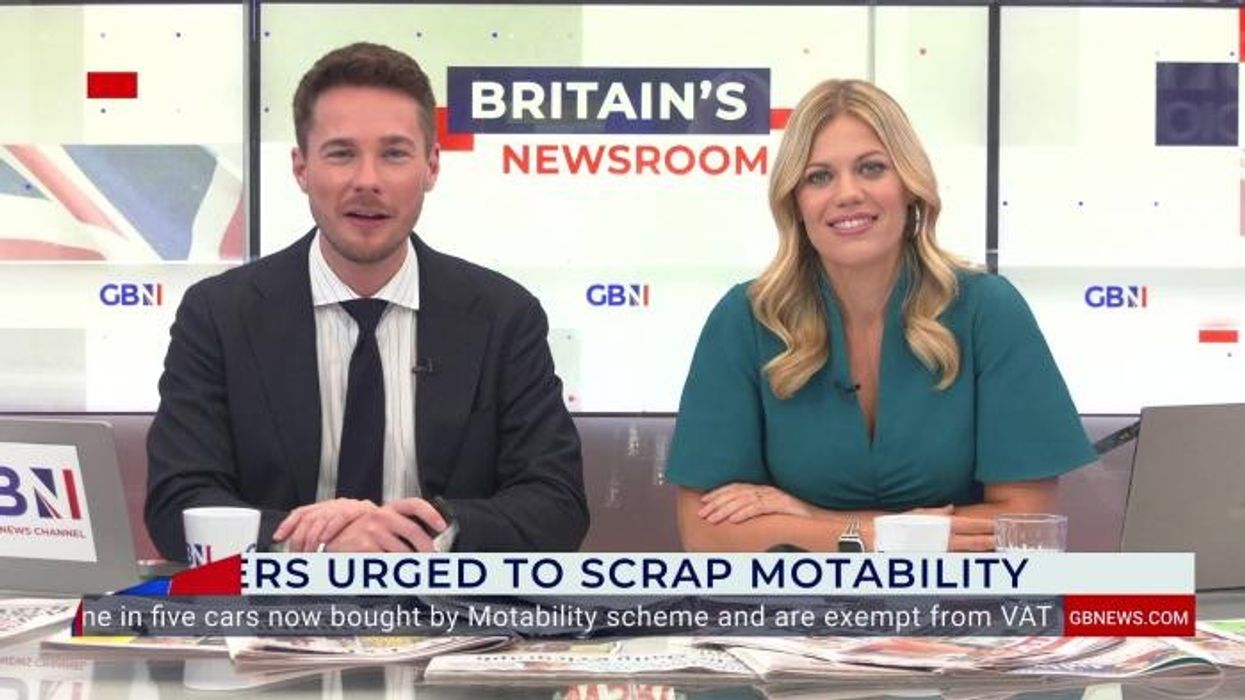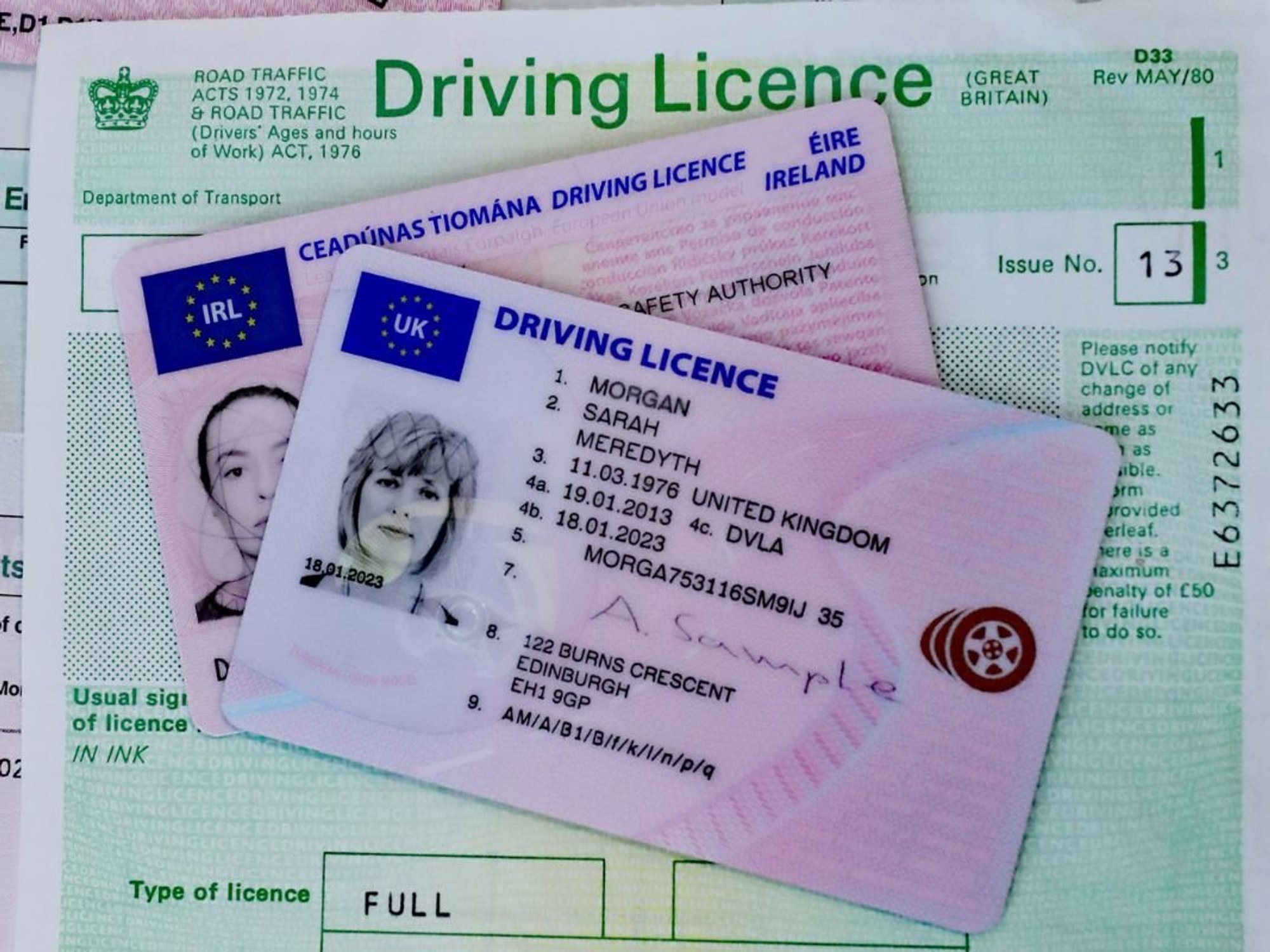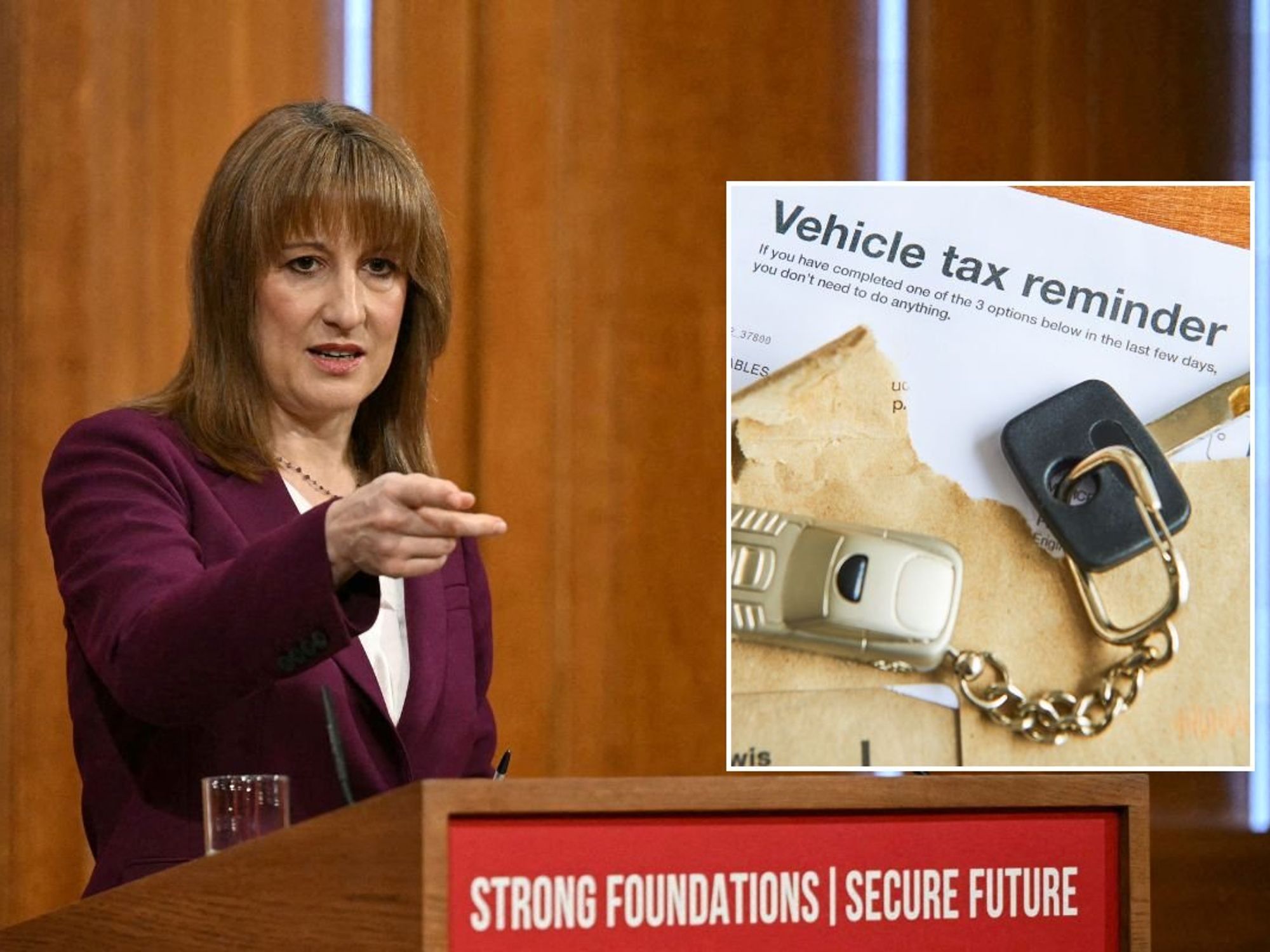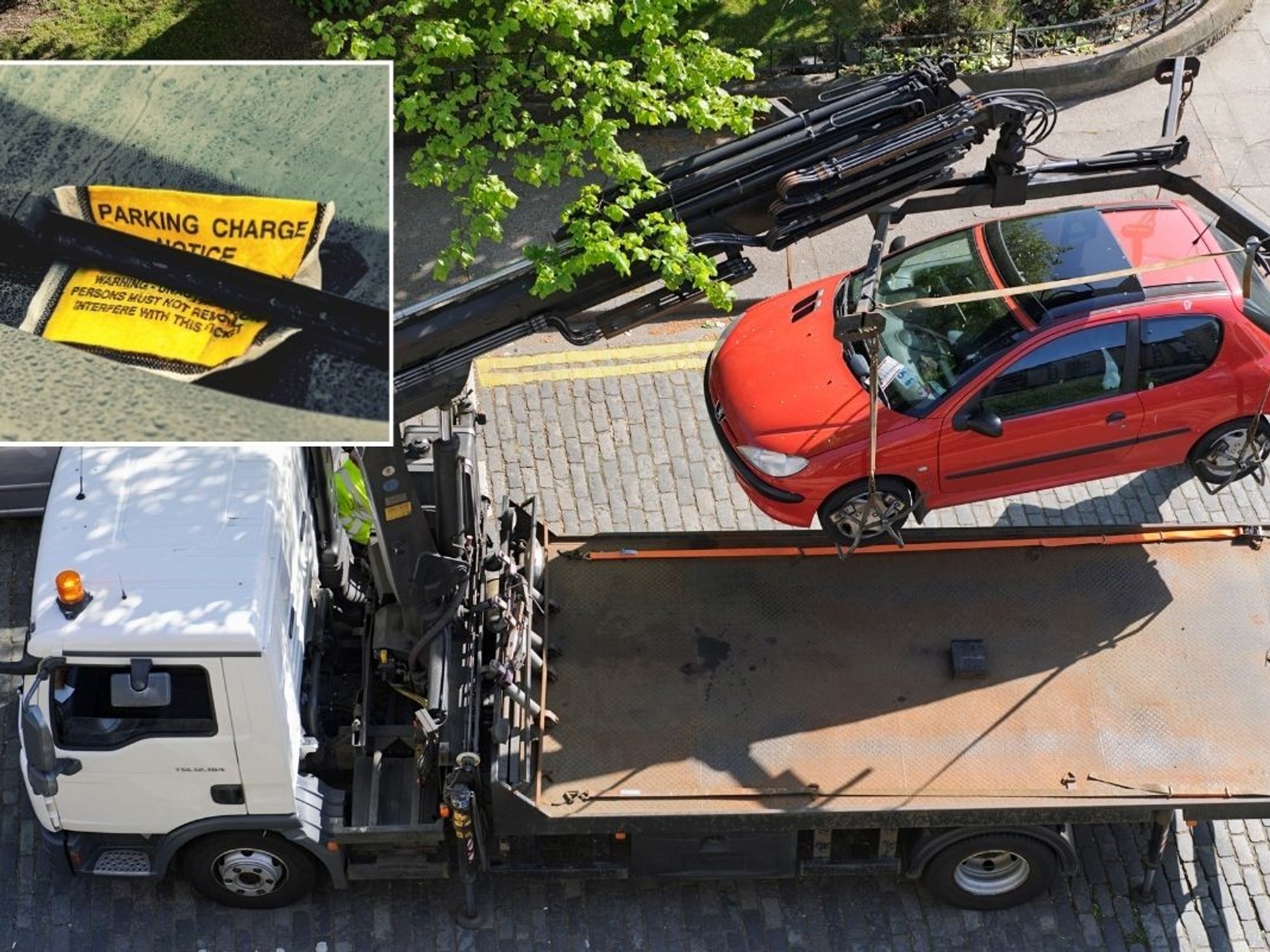Motability scheme changes demanded to prevent 'billions' being spent on 'drivers with tennis elbow'

Shadow Work and Pensions Secretary Helen Whately said Motability started with good intentions but 'has gone very wrong'
Don't Miss
Most Read
New research indicates that switching the Motability programme from providing new vehicles to second-hand alternatives could result in taxpayer savings exceeding £1billion a year.
A study conducted by a former civil servant who previously managed the programme suggests that purchasing vehicles averaging ten years old could reduce the scheme's expenses by £3.4billion annually. The findings also recommend eliminating tax exemptions currently granted to the scheme.
The research, published through the Adam Smith Institute, proposes maintaining tax exemptions solely for wheelchair-accessible vehicles, which represent just 10 per cent of the programme's fleet.
The recommendations include ending the £1.2billion in tax concessions presently awarded to Motability, which encompasses exemptions from VAT and insurance premium tax on vehicles obtained through the programme.
Do you have a story you'd like to share? Get in touch by emailing motoring@gbnews.uk

Critics have called for the Motability scheme to remove certain luxury vehicles from the scheme
|MOTABILITY
The Motability programme has expanded by over 33 per cent since 2017 and currently receives £2.8billion in Government funding each year.
The scheme enables individuals receiving disability benefits to exchange their mobility allowance for vehicle leases and accounts for 20 per cent of all new vehicle sales in Great Britain.
Approximately one-third of individuals receiving enhanced Personal Independence Payments utilise their benefits to obtain vehicles through the programme, a ratio that has remained constant despite increasing participant numbers.
The programme has faced mounting scrutiny as political concerns grow regarding the expense of sickness benefits, with critics raising alarms about online "sickfluencers" allegedly instructing claimants on accessing costly vehicles through the system.
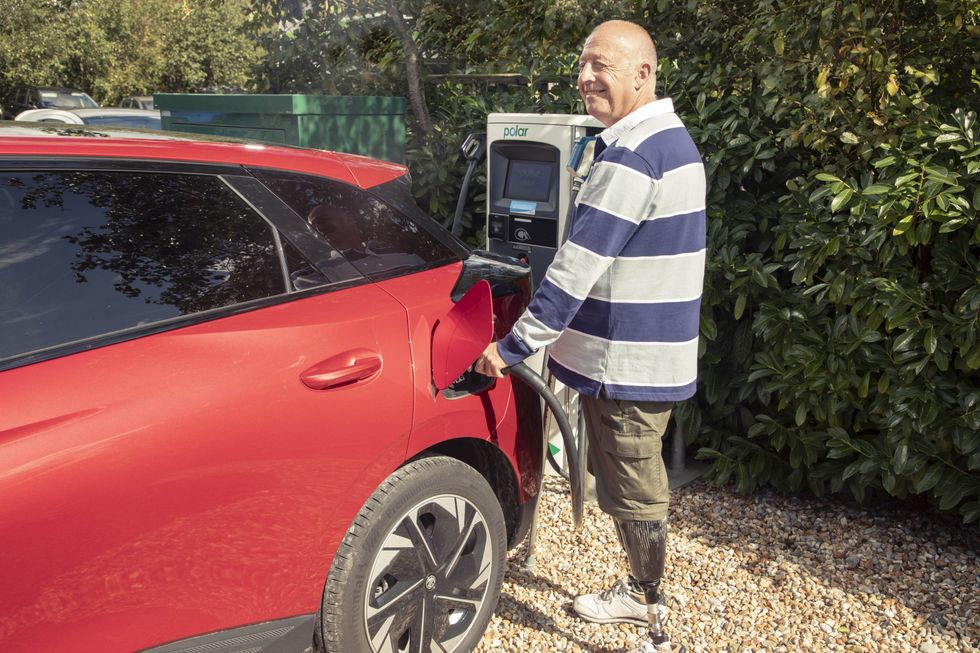 Motability helps people with disabilities lease cars, with many now choosing electric vehicles | MOTABILITY
Motability helps people with disabilities lease cars, with many now choosing electric vehicles | MOTABILITYMatt Ryder, who previously led Motability policy at the Department for Work and Pensions, has voiced concerns about the programme's current operations.
He contends that obtaining mobility payments for mental health conditions has become excessively straightforward, The Times reported.
Mr Ryder advocates for ministerial intervention to introduce competitive alternatives to Motability and eliminate the company's tax advantages, highlighting that 85 per cent of participants pay additional fees to secure premium vehicles, including brands such as BMW, Mercedes, Lexus, Jeep and Alfa Romeo.
He added: "Motability spends billions of pounds of public money without any real oversight.
LATEST DEVELOPMENTS:
"Giving disabled people a car is a good idea, but taxpayers shouldn't be paying extra for a new one. The Treasury should consider if Motability's £1.2billion in tax subsidies are giving genuine value for money."
Zia Yusuf, Reform UK's Government efficiency chief, declared that "Motability spending has spiralled out of control" and criticised the use of taxpayer funds to subsidise BMWs while citizens struggle financially.
He emphasised that "many of those exploiting these schemes are not even physically disabled" and insisted that "targeted support must only go to those who truly need it".
Shadow Work and Pensions Secretary Helen Whately expressed alarm at the research findings, describing them as "shocking and disturbing".
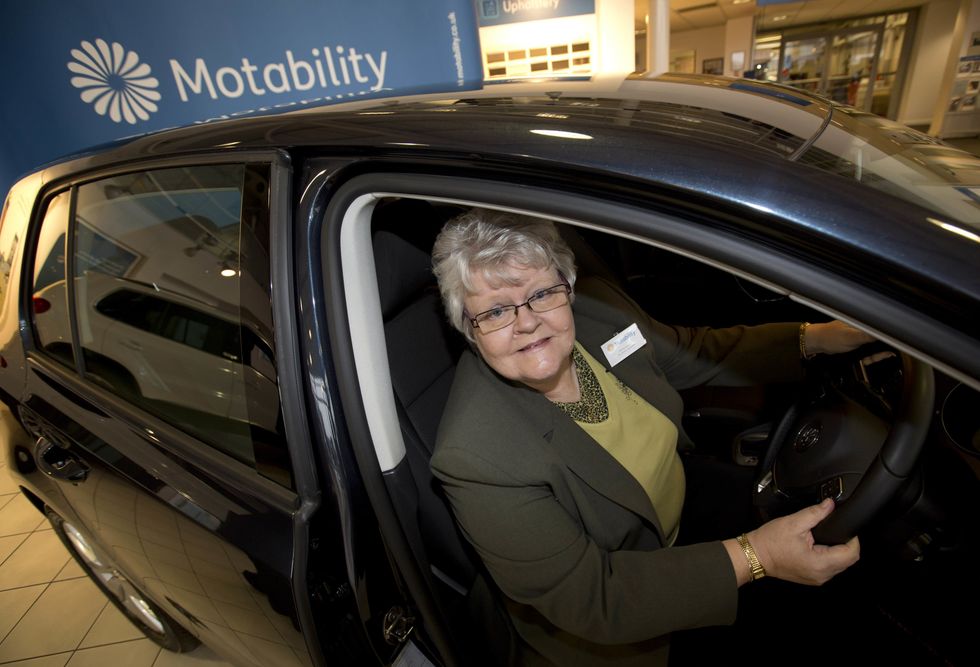
Critics have blamed 'sickfluencers' for taking advantage of the Motability scheme
|PA
She stated: "A scheme that started with good intentions has gone very wrong. The British taxpayer should not be stumping up for new cars for people with conditions like tennis elbow and social phobia that is a scam."
Motability has defended its operations, with a spokesperson stating: "Disabled people face huge transport barriers, and Motability is a lifeline, helping people get to work, education and live independently."
The organisation cautioned that implementing second-hand vehicle proposals could have unforeseen repercussions, arguing that such changes would increase transport expenses for disabled individuals and diminish programme accessibility whilst failing to reduce government expenditure.
Motability maintains that achieving the necessary consistency and scale would prove significantly more challenging within the second-hand vehicle market compared to their current new car model.


